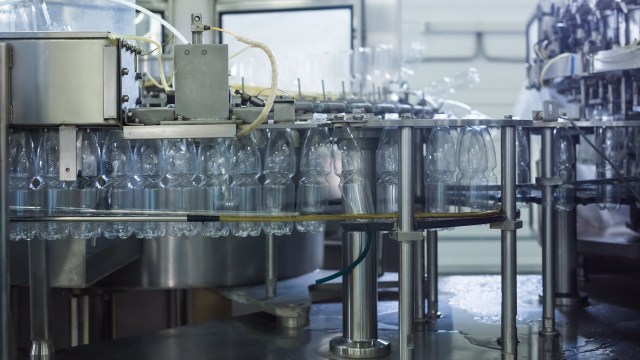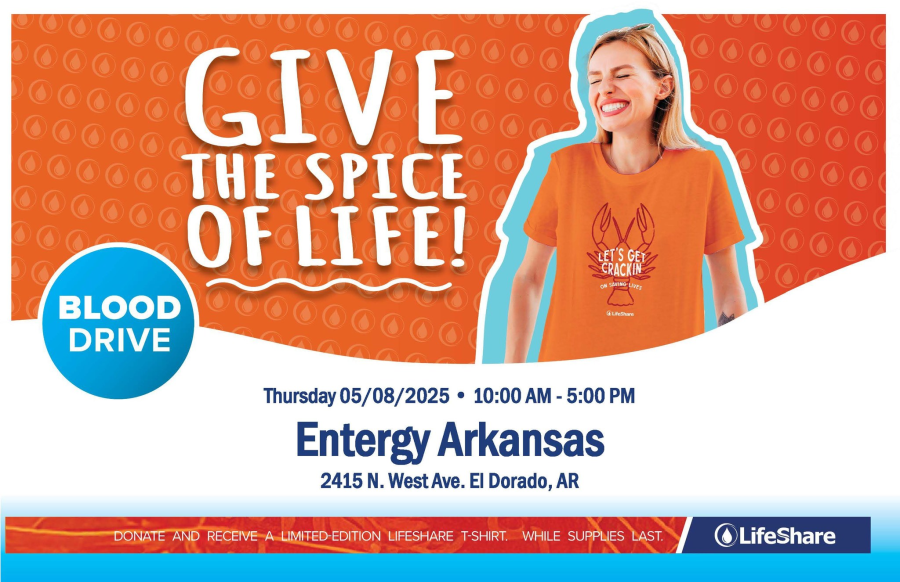The U.S. Food and Drug Administration announced it is urging food manufacturers to start reducing or eliminating the use of
artificial food dyes
— such as Red 40, Yellow 5 and Blue 1 — by the end of 2026. These synthetic colors are made from petroleum and are used in processed foods to create the typical bright or otherwise unnatural colors in everything from cereal to candy.
The move is part of a
nonpartisan public health effort
— led by organizations such as the Center for Science in the Public Interest and Consumer Reports — to cut back on ingredients that may pose health risks, especially for children.
Red 3
, one of the dyes under the most scrutiny in recent years, was already banned by the FDA under the Biden administration, with an effective date of January 2027, as a result of studies
linking
it to cancer in laboratory animals.
At the time of that ban, the FDA passed on taking action against the eight other artificial dyes used in food. A CBS
report
noted the FDA and Secretary of Health and Human Services Robert F. Kennedy Jr. again declined to pursue a wider ban and are instead directly asking companies to voluntarily make the switch to safer, plant-based alternatives.
The push may yield some results, but some experts said they were disappointed at the lack of stronger action.
“There was no ban, no regulation, no enforcement. Just a vague announcement and a hope that food companies might voluntarily change,” said Dr. Jessica Knurick, a dietitian with a PhD in nutrition science, in
an Instagram post
to her 900,000 followers. “This is textbook performative politics: make a headline, say something vague, and let the internet celebrate it like a win.”
While there are many alternatives for food coloring already in wide use — especially outside the U.S., where
artificial food dye
usage is far less common — the agency has said it will work to speed up the approval process for any new alternatives to help ease the transition. Some companies have experimented with removing artificial dyes — General Mills said Trix went back to synthetic colors after
customer feedback
— while many popular brands have never stopped using them.
An
assessment
from California’s Office of Environmental Health Hazard found that synthetic food dyes can affect attention span, behavior, and learning in children. Many European countries already require food products containing certain dyes to carry warning labels, which has led to products like Froot Loops being made with a different recipe in order to avoid the label. It’s a move that the U.S. could adopt to motivate companies to make the switch, though Kennedy and the FDA did not make such a promise.
“Why are we taking a gamble? Parents, moms and dads have also tried to raise attention to this issue,” Food and Drug Administration head Marty Makary said in the CBS report. “Some parents have observed that these chemicals cause hyperactivity and even aggressive behavior, and that it subsides when the chemicals are removed from the diet.”
Watch now: How bad is a gas stove for your home’s indoor air quality?
Besides the direct health consequences, these dyes are made using petroleum from fossil fuels, which contribute to pollution and rising global temperatures. More natural color sources like beet juice, turmeric, and spirulina are not only safer and healthier but better for the environment, too.
“To companies that are currently using petroleum-based red dye, try watermelon juice,” Makary said in a
report
.
If more food companies follow the FDA’s lead, grocery shelves might start to look a little less colorful, but there’s no reason to view that as a bad thing. For parents and shoppers trying to avoid ultra-processed foods, this change could make it easier to spot better
options
and make food shopping a little less complicated.
|
|

Join our
free newsletter
for easy tips to
save more
and
waste less
, and don’t miss
this cool list
of easy ways to help yourself while helping the planet.
FDA urges food manufacturers to halt use of controversial ingredients: ‘Why are we taking a gamble?’
first appeared on
The Cool Down
.


